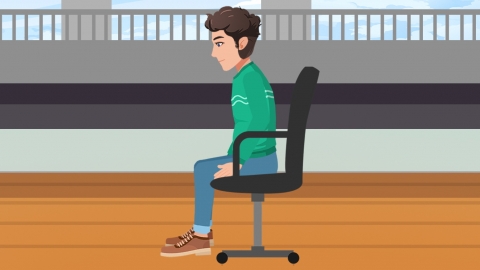Can mild stroke with numbness in hands and feet be cured?
Stroke usually refers to cerebral apoplexy. Generally speaking, when mild stroke causes numbness in the hands and feet, timely treatment can often lead to a cure; if treatment is delayed, it may not be curable. If discomfort symptoms appear, it is recommended to seek timely treatment at a regular hospital. Detailed analysis is as follows:

When mild stroke causes numbness in the hands and feet, prompt treatment is necessary. If patients can seek medical attention promptly and receive effective treatment after experiencing initial symptoms such as numbness in the limbs, it can usually reduce the extent of brain tissue damage and promote the recovery of nerve function. In most cases, patients who receive timely treatment can effectively alleviate the numbness in hands and feet, or even fully recover, reducing the occurrence of sequelae and improving their quality of life.
If medical attention is delayed or treatment is inappropriate, the numbness in hands and feet caused by mild stroke may persist or worsen. As the condition progresses, brain tissue damage may further deteriorate, making nerve function recovery difficult, and numbness in the limbs may develop into a long-term symptom, seriously affecting the patient's daily life and work ability.
Patients with stroke should maintain a healthy lifestyle, including balanced diet, appropriate exercise, quitting smoking, and limiting alcohol consumption. At the same time, regular rehabilitation training can help promote the recovery of nerve function and alleviate symptoms such as numbness in hands and feet. In addition, patients should closely monitor changes in their condition and attend regular follow-up visits to adjust treatment plans timely.







